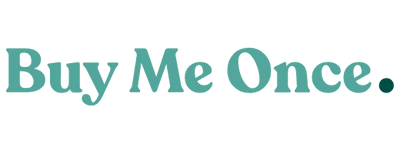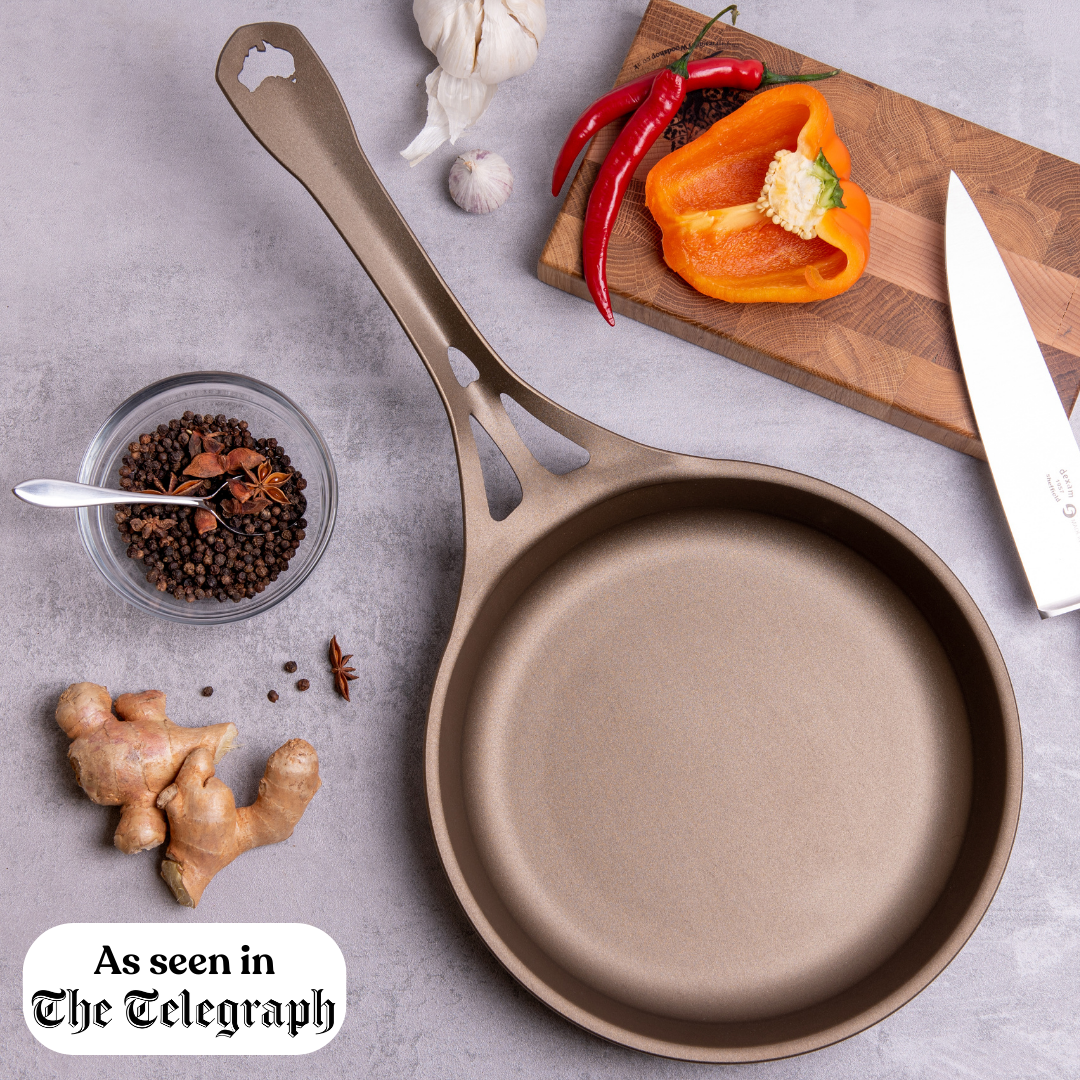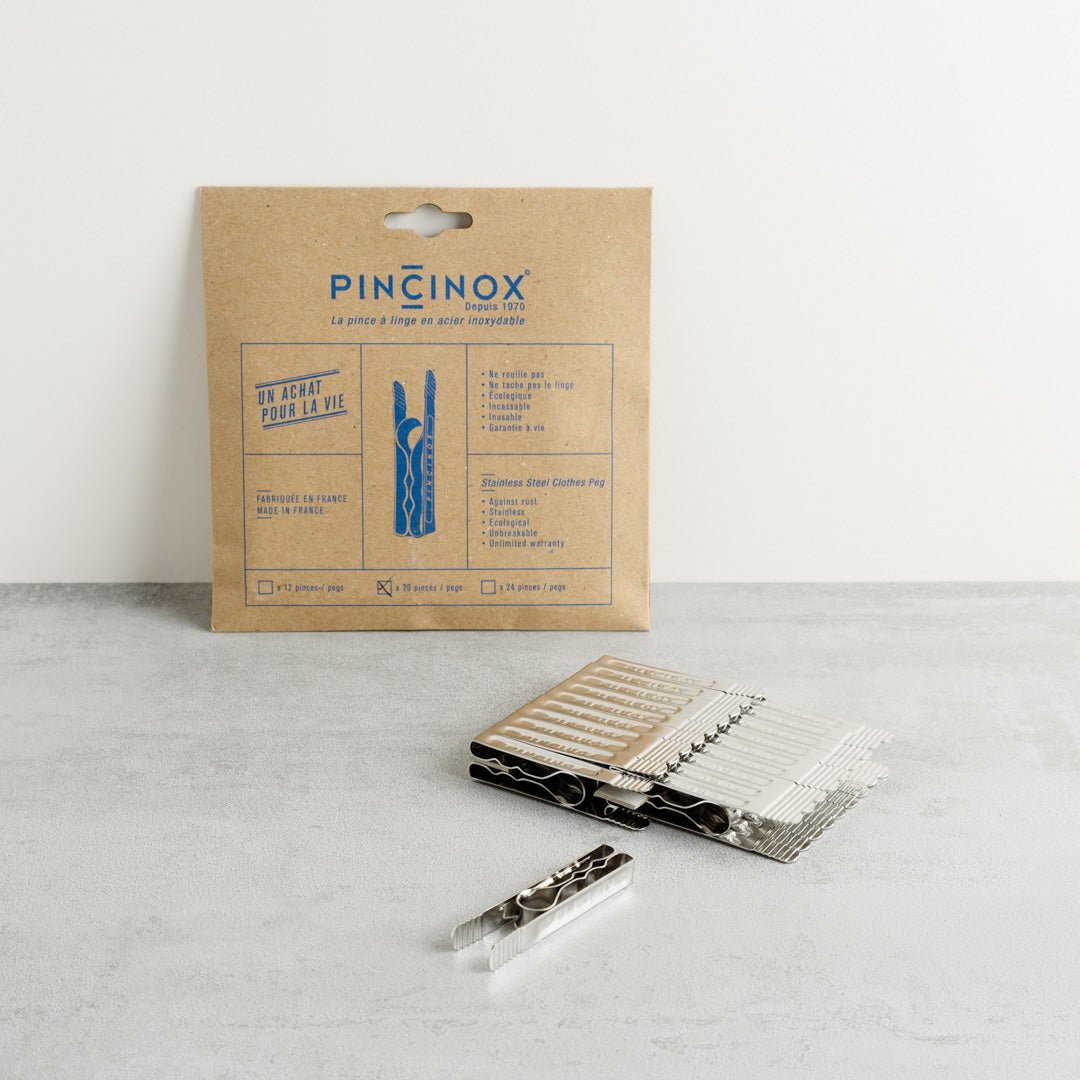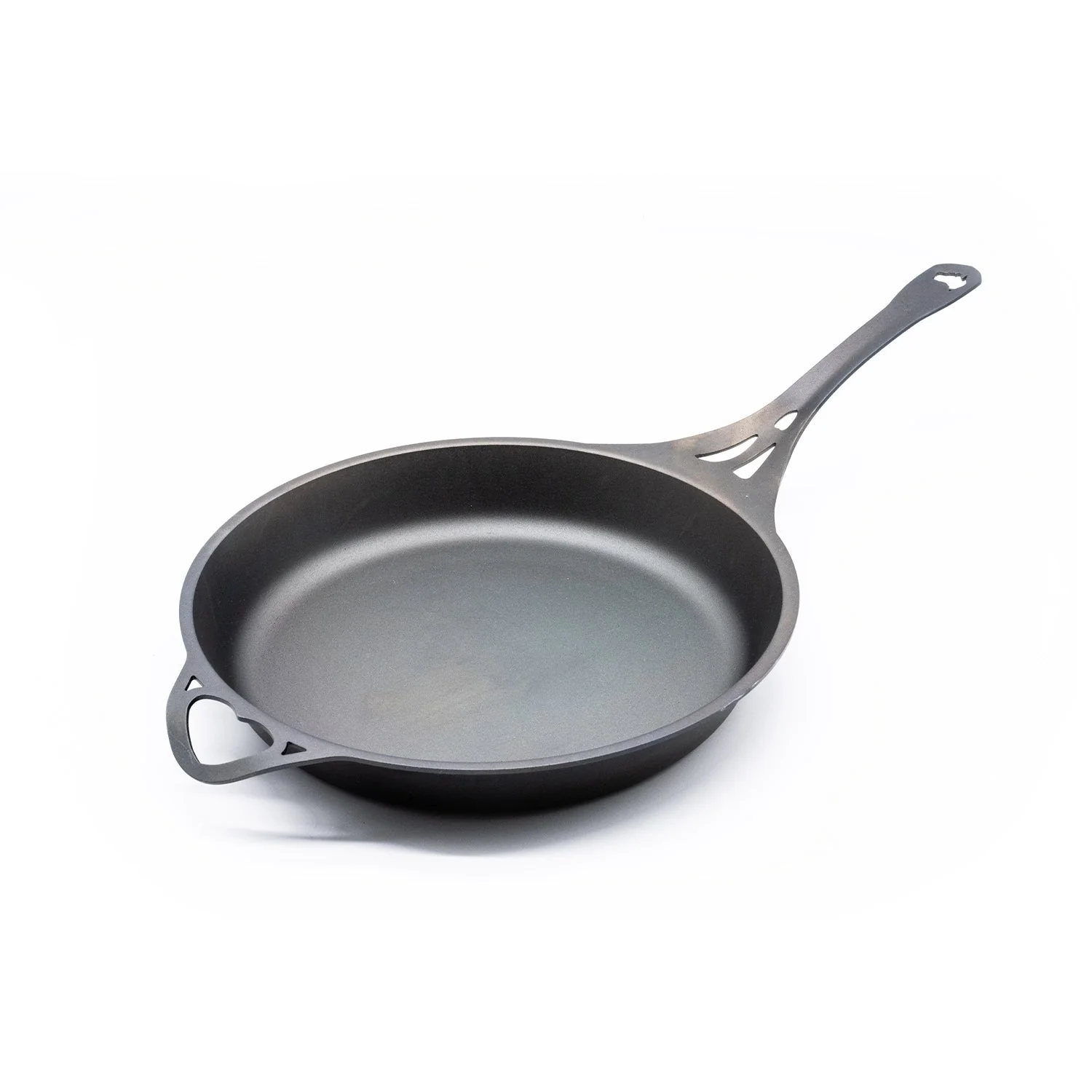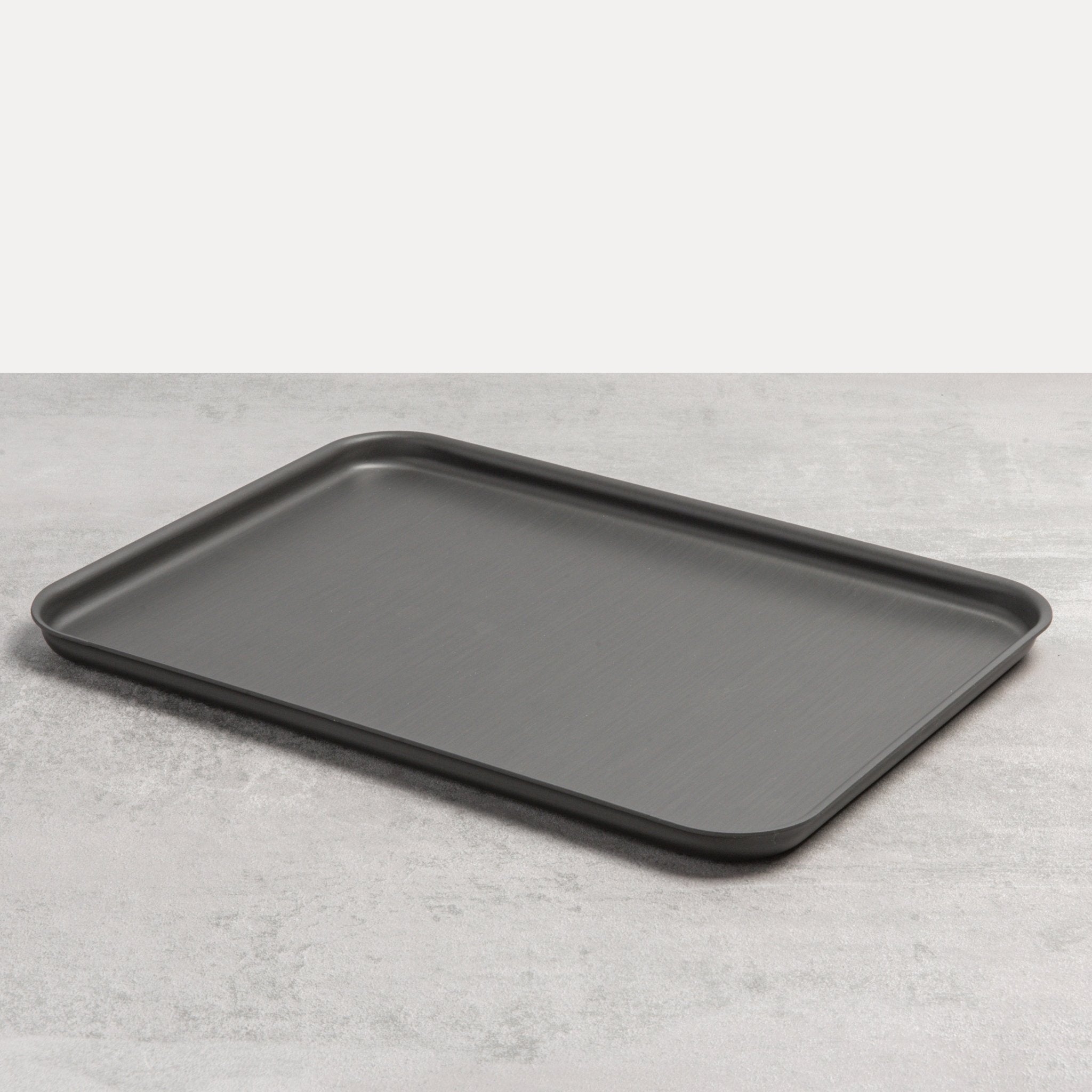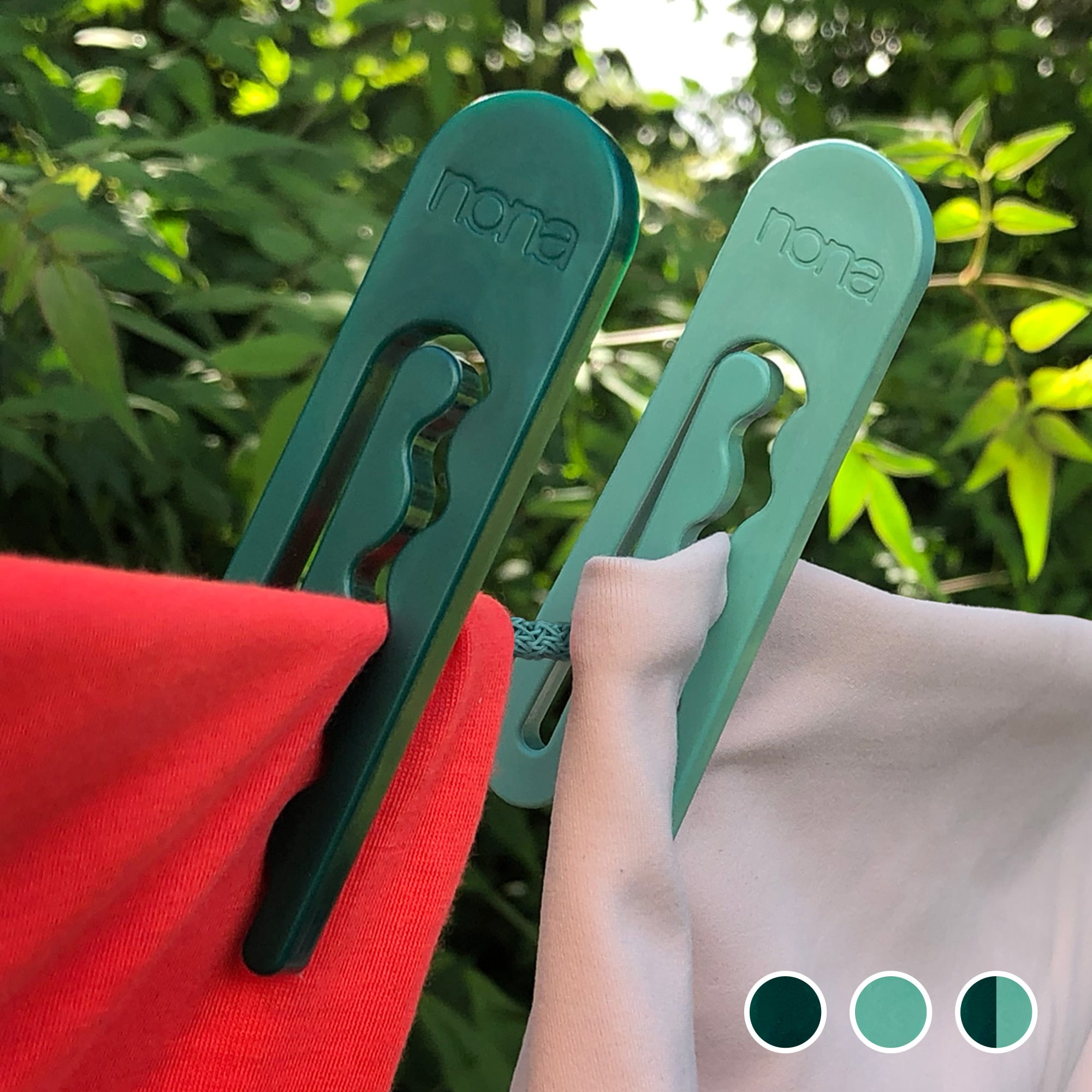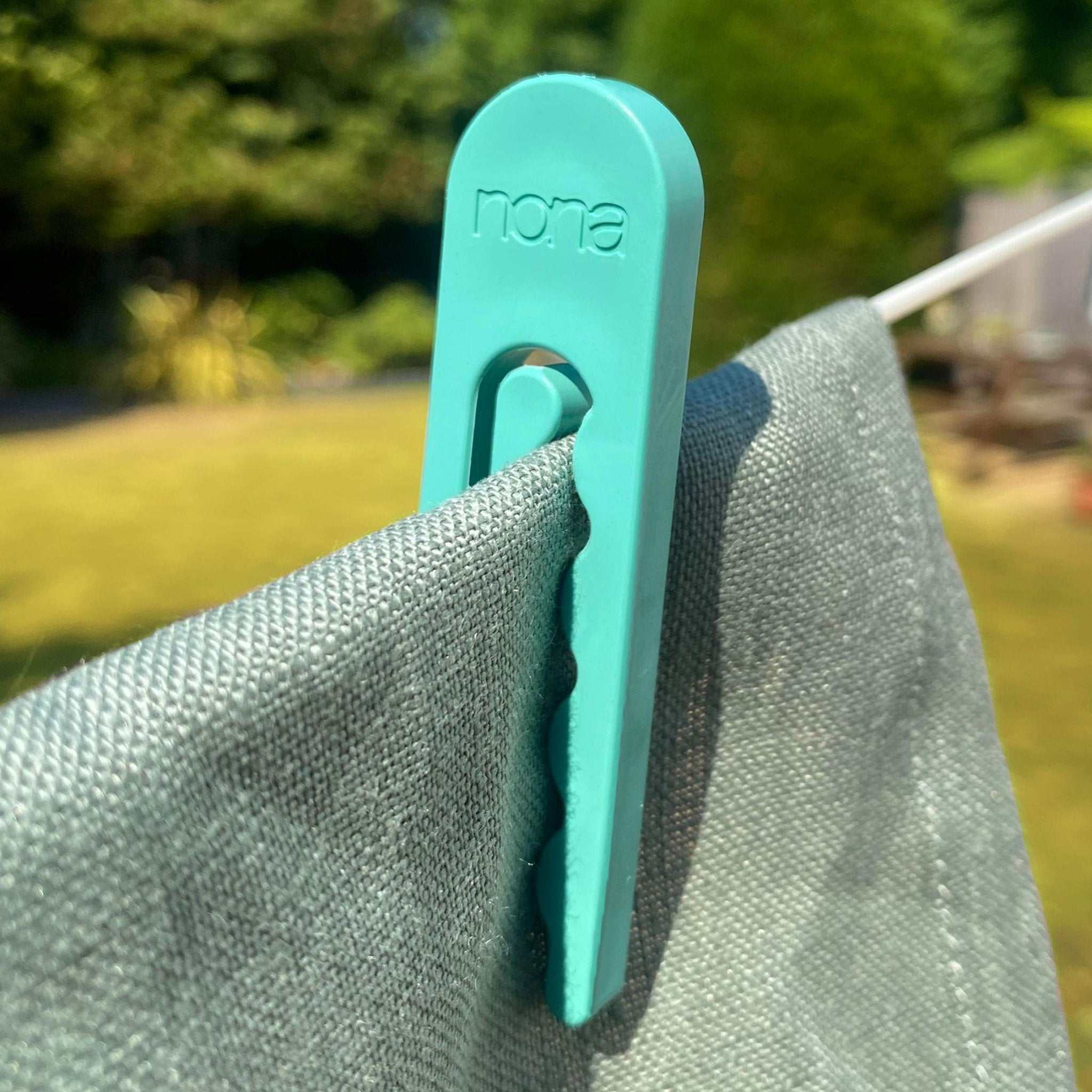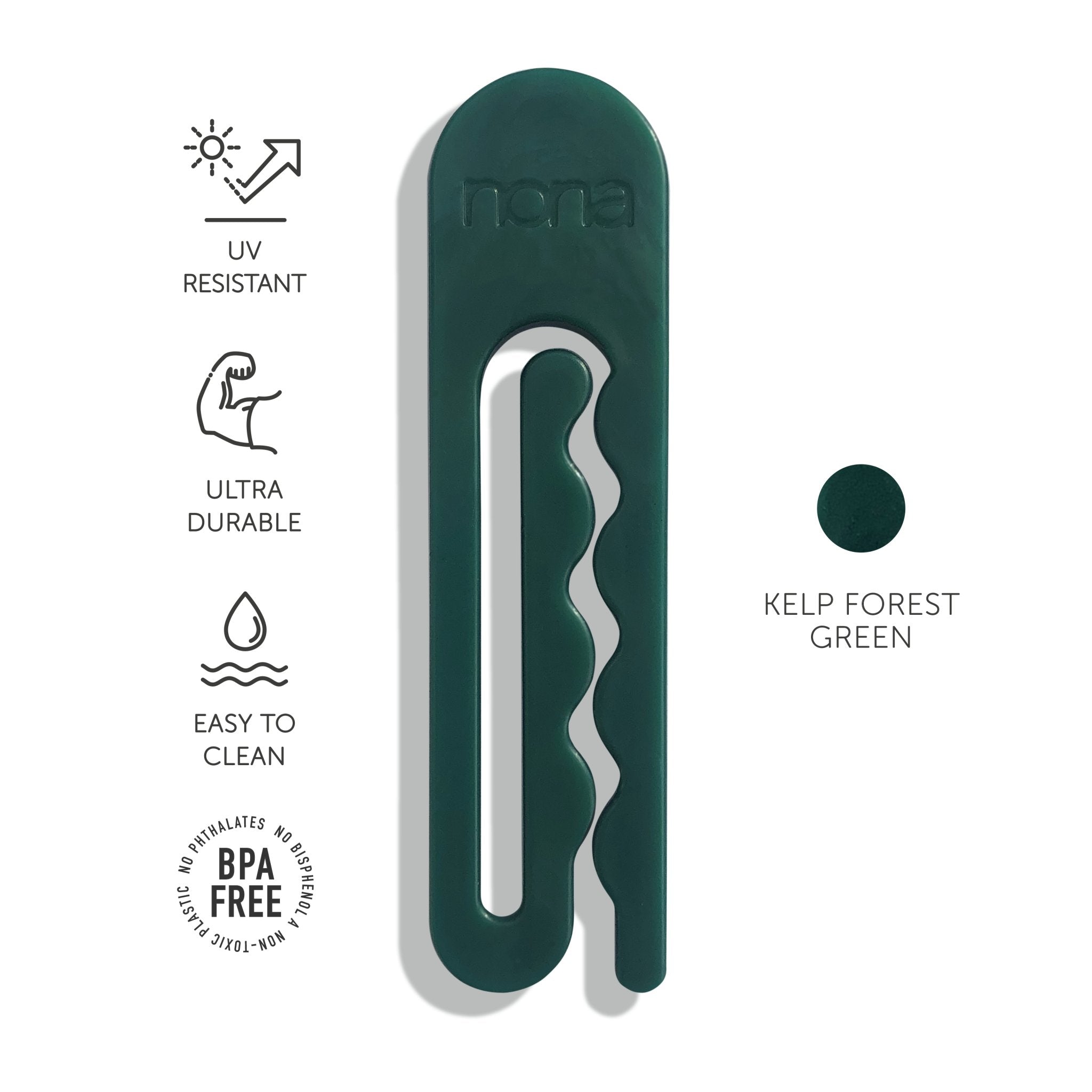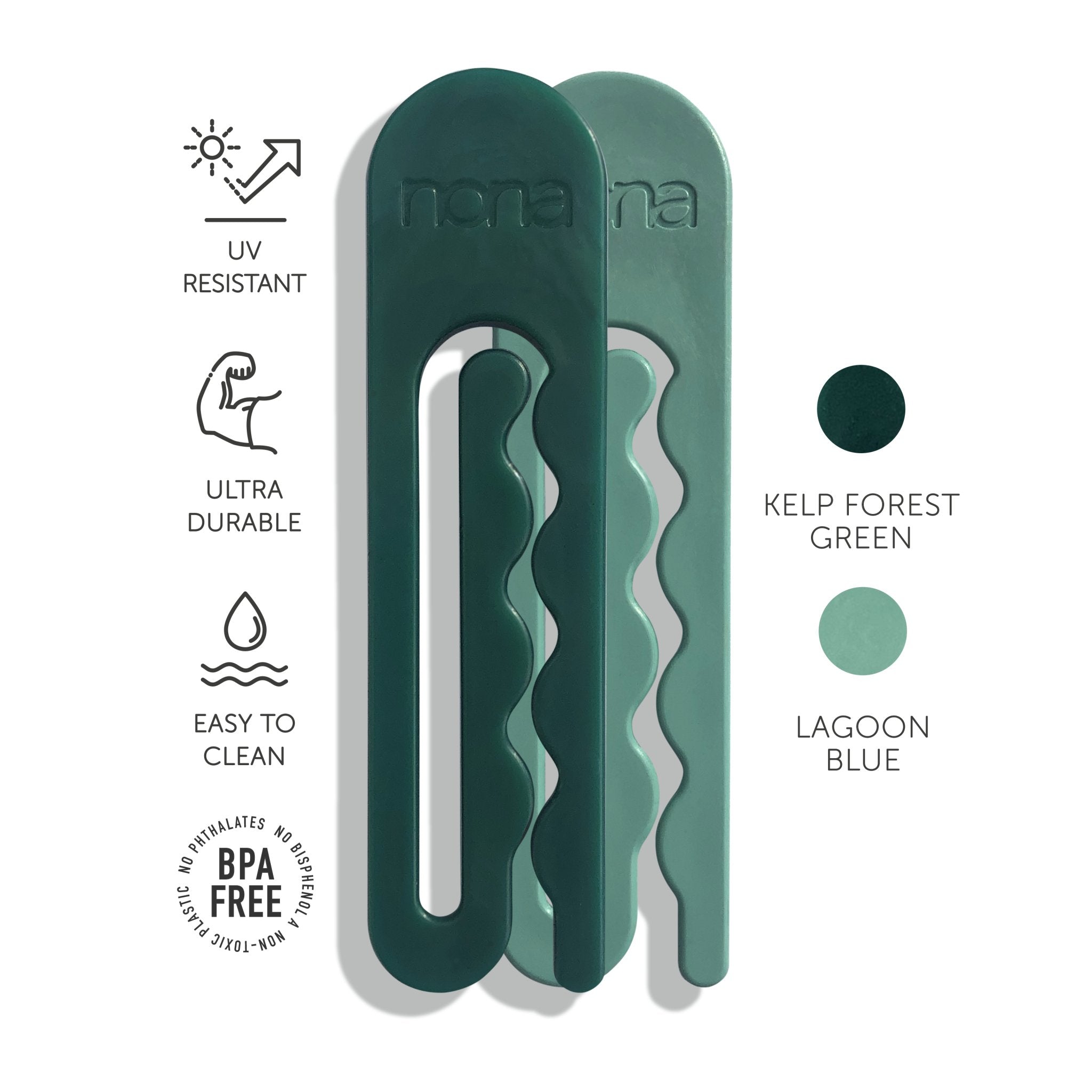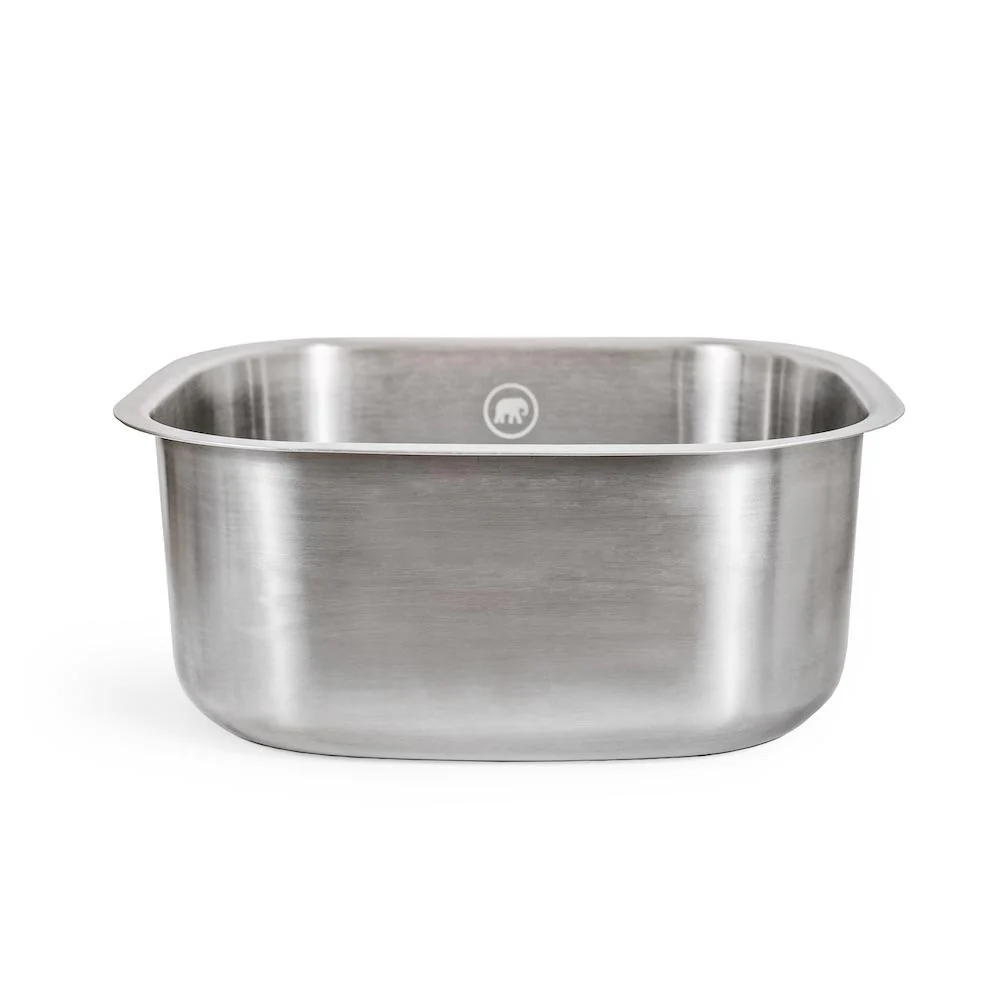Loop, the grocery delivery service of the future is launching in the US and France this year and plans to redesign the way we shop with their reusable packaging. It’s a revolution with some big names on board, including Unilever and Nestle, shipping your everyday products to your door in packaging designed to last 100 uses. Once you’re finished with the container you put it back in a delivery bag on your doorstep where it’s picked up and the same products are sent to you again automatically. It’s the first subscription model that manages itself whilst also making big steps in reducing the amount of packaging in landfill. We chatted exclusively to Loop’s founder Tom Szaky about the ins and outs of the business model and their future plans.

How long has this idea been in the pipeline and how did it come about?
Tom Szaky: The conversation began at the World Economic Forum in 2017 between myself and several of the Loop founding partners. It took quite a bit of effort to get the founding partners on board: (PG, Unilever, Nestle, Mars and PepsiCo) as the model requires a major investment of money, time and other resources. Once these companies joined, they set the stage, and since then it has been surprisingly easy to bring partners on board.
What does success look like?
TS: Success is that consumers like Loop and stay with it, which in turn means the brand partners stay with it.

Loop's model
What’s the biggest challenge with your model?
TS: The biggest challenge with this model is getting consumers to change the way they access the products they love. They need to act, think and buy differently
Do you have any sense of the scale of impact you could have on waste/emissions if you’re successful?
TS: Various Life Cycle Analysis (LCA) prove that a reuse model via Loop is more environmentally friendly than current disposable models. Creating a durable (or ‘reusable’) container uses more energy and resources than creating a disposable (or ‘single-use’) container. However, over time, the reusable container has a lower environmental and economic cost as it does not need to be remanufactured on every use; instead, it is transported and cleaned (a much lower environmental and economic cost).
What will you do with the metal containers if they become dented and too battered to be reused?
TS: Durability varies by package and it is determined by the brand when the package is taken out of circulation and recycled. The exact number of times is dependent on specific packaging.
What is the delivery time between ordering products and their arrival at your door?
TS: The target for turnaround is two days.
Can you easily change your order? For example, if you have used your shampoo up but don’t want a replenished pot straight away, would it be easy to cancel its redelivery?
TS: Loop brings to the market a new subscription model – subscription based on consumption. Since the empty packages are returned to Loop, we are aware of consumers’ consumption rates and replenish only when they have finished the product. However, a consumer can easily manually change an order to either add a delivery or cancel one. When ordering a product, the customer will have the option to request that the product is fulfilled only one time instead of automatically replenished. This would be the case if the consumer sets the product as “Don’t auto-refill when returned”.
When do you launch in the UK?
TS: We expect Loop to launch in the UK late Q3 in 2019

It’s the small things that make a big difference to the environment, and getting weekly products in reusable packaging has the potential to have huge positive effects in the fight against climate change.
We want to know: will you be signing up to Loop?
